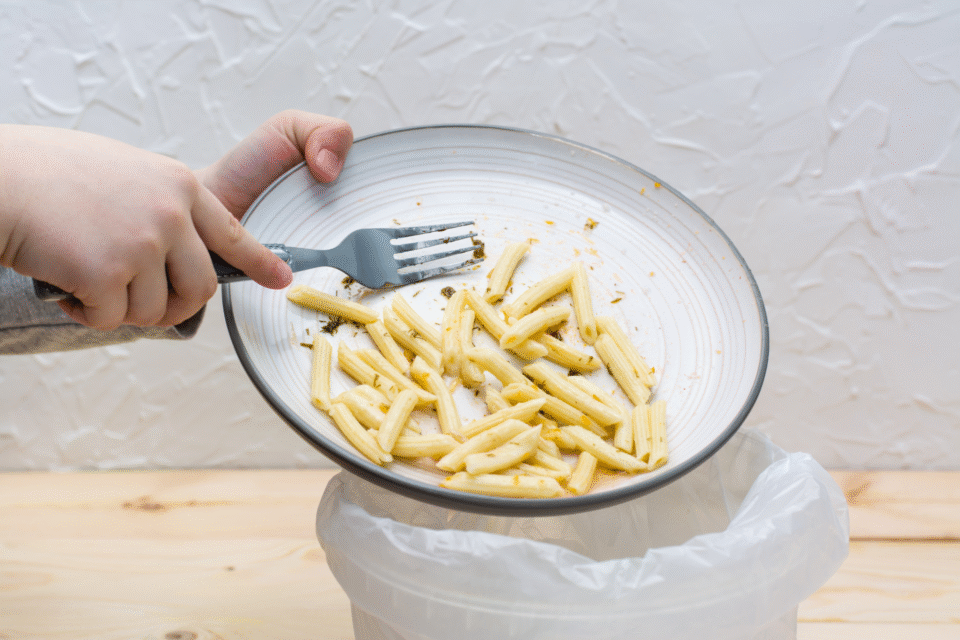The National Food Chain Safety Office (Nébih) has been monitoring food waste generated in the Hungarian households for eight years. According to the 2024 survey results, a promising improvement is ongoing: Hungarian households are wasting a third less food than in 2016. Eight years ago, an average of 33.1 kilograms of food per person ended up in the trash unnecessarily, this amount has now fallen to 21.5 kilograms. Despite the progress, household food waste still remains significant: 206,000 tons per year. Data collection will continue this year, and we are already waiting for applicants.
The latest survey involved 700 consumers from 260 households across the country to map which food is thrown away in what quantities and for what reasons. The results of the survey- which ran between November and December 2024 revealed that Hungarians produce an average of 59.7 kilograms of food waste per year, 36% of which could be avoided. This amount would be enough to feed 380,000 people for an entire year, representing nearly HUF 160,000 in unnecessary expenditure annually for a family of four. Household food waste is therefore showing a downward trend in the longer term, with a third less food ending up in the bin compared to 2016.
The list of the most commonly wasted foods has remained unchanged, with home-cooked meals still leading the list (8.7 kg/person/year), although this is a 4.5 kg decrease compared to 2016. Vegetables and fruits take second place (4.5 kg per person), followed by bakery products in third place in 2024 (2.8 kg/person/year). The main reasons for waste include forgotten or spoiled food, as well as excessive shopping or cooking. Similar to previous years, it is positive that nearly half of households compost, and 83% of the respondents believe they could further reduce their own waste. The more sustainable mindset of younger generation, changes in eating habits, and the awareness-raising activities of our Wasteless programme over the years have all played a role in the recent improvement.
The International Day of Awareness of Food Loss and Waste is a good opportunity for everyone to reflect on their food waste habits and identify areas for improvement. The current results are an important step towards sustainability, but further efforts are still needed. The Wasteless programme provides practical tools and materials, whether it’s about meal prepping, the efficient use of the refrigerator, or the creative use of leftovers.
Due to the recent amendment of the EU Waste Framework Directive, it is now even more important to think responsibly: the amount of food waste generated by households must be reduced by 30% compared to the average for the period 2021-2023.
The application for this year’s survey is already open for Hungarian households. During the one-week measurement period, all unconsumed food must be accurately weighed and recorded.
Household food waste measurement study in 2024 (Hungarian version is available):

